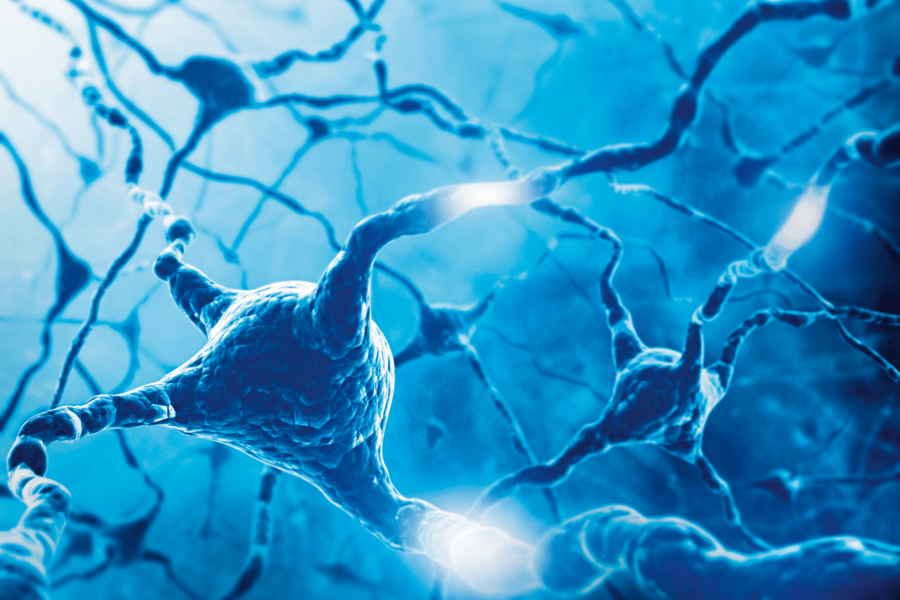World-class neuroscience centre
An international team of young top researchers is gearing up to take Danish neuroscience to new heights.

Danish neuroscience research took a quantum leap with the 2013 opening of the elite research centre DANDRITE at Aarhus University with funding from the Lundbeck Foundation. The centre, which focusses on how the cells in brain circuitries communicate, was established as the Danish node of the Nordic EMBL Partnership for Molecular Medicine. The EMBL is an intergovernmental European organisation with headquarters in Heidelberg.
EMBL is one of the world’s leading research institutions for basic research in molecular biology, so DANDRITE has aimed high from the very beginning. And now the team that will realise the centre’s research ambitions is almost complete. Recruitment has focussed on attracting the very best.
Four new research group leaders of German, Australian, Japanese and Georgian nationality have been recruited from leading research centres in Vienna, Basel, Stockholm and New York, and a fifth will soon be joining them. In collaboration with postdocs and PhD students, the new group leaders will drive the centre’s research activities. “We’re gone after people with the best possible qualifications who also have expertise in different areas. The goal is to perform original research of the highest quality while at the same time educating the research group leaders of the future, completely in line with EMBL’s mission. Without a doubt, the centre has already made Danish research stand out much more clearly on the world map,” explains Professor Poul Nissen, who manages DANDRITE along with two other Aarhus University professors, Poul Henning Jensen and Anders Nykjær.
In the years to come, the centre’s researchers will work to understand the brain’s signalling pathways, which is important for our understanding of neurological and psychiatric disorders such as Alzheimer’s, Parkinson’s, depression and schizophrenia. Ultimately, this basic research may pave the way for the development of medicines and forms of treatment for these disorders, which is why the centre collaborates with the pharmaceutical industry. DANDRITE will also aim to contribute to the establishment of new companies.
Building on Danish Nobel Prize research
The research being done at DANDRITE (the Danish Research Institute of Translational Neuroscience) builds on Aarhus University’s long-standing tradition of research on ion transporters and other membrane proteins, a tradition founded by Jens Christian Skou in the 1950s and advanced by Jørgen Gliemann in the 1990s. In 1997, Skou was awarded the Nobel Prize in Chemistry for his description of the sodium-potassium pump that performs the vital function of maintaining the sodium-potassium balance in our cells, which is crucial to the functioning of muscles, glands and nerves. Gliemann’s research laid the foundation for Aarhus University’s prominent role in neuroscience research in a variety of areas, including receptor proteins and Parkinson’s disease.
About DANDRITE and EMBL
DANDRITE (the Danish Research Institute of Translational Neuroscience) will ultimately employ between 80 and 90 researchers who will investigate the molecular mechanisms that explain physiological manifestations of cellular communication networks in brain circuitries, and how these are affected in neurological and psychiatric disorders. The centre was established in 2013 with funding from the Lundbeck Foundation, which has awarded a DKK 60m grant for the first five years and has pledged DKK 60m for the following five-year period. DANDRITE is the Danish node of the Nordic EMBL Partnership for Molecular Medicine. EMBL (European Molecular Biology Laboratory) is one of the world’s leading research institutions and Europe’s flagship laboratory for the life sciences. EMBL receives public research funding from 20 member states, including Denmark.
This article is from the 2014/15 Aarhus University profile brochure.
